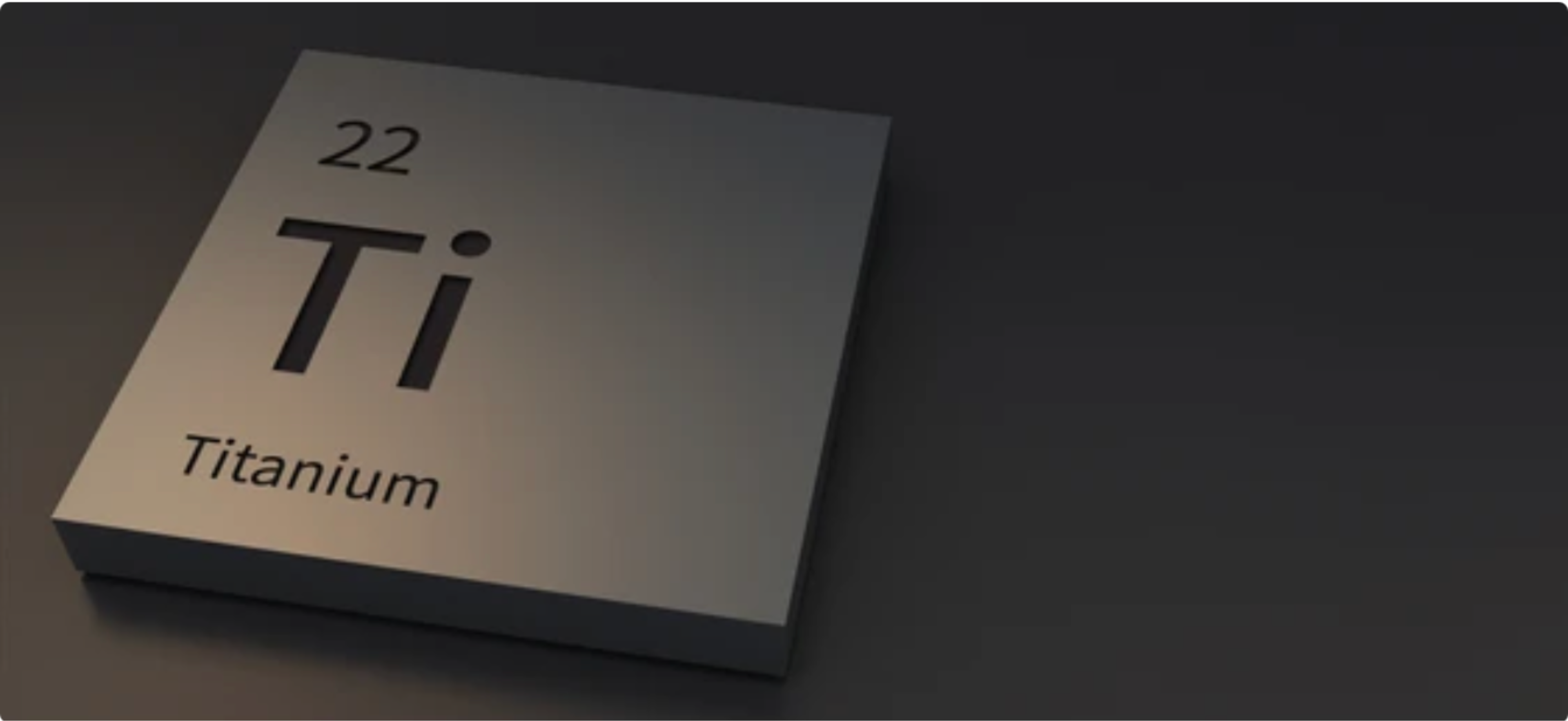Article: Hypoallergenic Jewellery: A Guide to Safe and Stylish Metals

Hypoallergenic Jewellery: A Guide to Safe and Stylish Metals
Jewellery has been a form of self-expression, celebration, and elegance for centuries. However, for people with sensitive skin or allergies, wearing jewellery can sometimes lead to discomfort or irritation. This is where hypoallergenic jewellery comes in—an option that offers both beauty and safety. But what makes a piece of jewellery "hypoallergenic"? And which metals should you look for if you have sensitive skin or allergies? Let's dive into the world of hypoallergenic jewellery and explore the benefits of different metals, including implant-grade titanium, sterling silver, surgical stainless steel, and nickel-free options.
What is Hypoallergenic Jewellery?
Hypoallergenic jewellery refers to pieces that are designed to minimize the risk of an allergic reaction. Allergies to jewellery are typically triggered by certain metals that contain nickel, a common allergen. For those with metal sensitivities, even small amounts of nickel can cause skin irritation, redness, itching, and rashes. Hypoallergenic jewellery is made from metals that are less likely to cause such reactions, ensuring comfort and safety for individuals with sensitive skin.
The Benefits of Hypoallergenic Jewellery
-
Reduced Skin Irritation: Hypoallergenic metals are designed to be gentler on the skin. By avoiding metals that release allergens, these pieces help prevent common issues like rashes, blisters, or dermatitis.
-
Long-Term Comfort: For people who wear jewellery daily, comfort is key. Hypoallergenic metals are less likely to cause discomfort over time, making them ideal for those who want to wear their jewellery without worrying about skin reactions.
-
Durability: Many hypoallergenic metals are not only skin-friendly but also highly durable. This means your jewellery will not only feel good but also last longer, keeping its shine and finish intact.
-
Versatility: Hypoallergenic metals come in a wide range of styles, from minimalist designs to elaborate pieces, ensuring that everyone can find something that suits their taste without compromising on comfort.
Common Hypoallergenic Metals
1. Implant-Grade Titanium
Titanium is one of the most popular hypoallergenic metals used in jewellery, especially for body piercings and implants. Known for its strength and lightness, titanium is extremely resistant to corrosion, making it an excellent choice for anyone with sensitive skin.
Benefits:
- Non-reactive: Titanium is one of the least likely metals to cause allergic reactions. It is biocompatible, meaning it is safe for the body and does not trigger irritation or inflammation.
- Lightweight and Durable: Despite being lightweight, titanium is incredibly strong and resistant to scratches, tarnish, and corrosion, making it ideal for long-lasting jewellery.
- Versatile: Available in various colours (such as black, silver, and even gold-hued titanium), titanium can suit a wide variety of jewellery styles, from minimalist rings to bold necklaces.
2. Sterling Silver
Sterling silver is one of the most popular precious metals in jewellery, known for its brilliant shine and timeless appeal. While pure silver is relatively soft, sterling silver is an alloy made from 92.5% silver and 7.5% other metals (usually copper), which gives it greater strength and durability.
Benefits:
- Hypoallergenic when properly alloyed: While sterling silver is generally safe for most people, it's important to ensure that it doesn't contain high levels of nickel or other reactive metals. Look for reputable jewellers who offer sterling silver that’s been tested for hypoallergenic properties.
- Timeless Elegance: Sterling silver offers a classic look that complements any style, whether it’s for everyday wear or special occasions.
- Affordable Luxury: Compared to gold or platinum, sterling silver is a more budget-friendly option, offering a similar aesthetic at a lower price point.
3. Surgical Stainless Steel
Surgical stainless steel, often used in medical devices, is another excellent hypoallergenic option. This durable and corrosion-resistant metal is frequently found in piercings, watches, and other types of jewellery.
Benefits:
- Non-reactive and Resistant: Surgical stainless steel is highly resistant to tarnishing and corrosion, which makes it ideal for those who want a low-maintenance piece of jewellery that’s both stylish and functional.
- Strong but Affordable: While surgical stainless steel has the strength of titanium, it is typically more affordable and more widely available.
- Variety of Styles: Surgical stainless-steel jewellery can be sleek and modern, or it can be finished with textures and embellishments for a more traditional look, making it versatile for all tastes.
4. Nickel-Free Jewellery
Nickel is one of the most common causes of allergic reactions to jewellery. For people with known nickel allergies, it is important to seek out nickel-free jewellery. Many metals, including titanium, stainless steel, and some alloys of sterling silver, can be made without any nickel content.
Benefits:
- Eliminates the Risk of Nickel Allergy: The most obvious benefit of nickel-free jewellery is that it prevents any allergic reactions caused by direct contact with nickel.
- Wide Range of Options: Jewellery made without nickel can be found in various styles, including rings, necklaces, bracelets, and earrings, offering diverse design choices for those with sensitivities.
How to Choose Hypoallergenic Jewellery
When shopping for hypoallergenic jewellery, consider the following tips:
-
Check the Material Composition: Always verify the metal composition. Some silver or gold jewellery may have a small percentage of nickel, or other reactive metals mixed in, so it's important to check for 100% nickel-free options.
-
Read Reviews: Look for products that come highly recommended by others with sensitive skin. User reviews can often point you toward quality jewellery that’s truly hypoallergenic.
-
Ask About the Alloy: Some metals, like sterling silver, are often alloyed with other metals. Make sure that the alloy is hypoallergenic or that the metal is coated, plated or treated to prevent allergic reactions.
-
Consider Your Skin Type: People with very sensitive skin or severe allergies may want to choose metals like titanium or surgical stainless steel, which are less likely to cause reactions. For those with mild sensitivity, sterling silver or nickel-free gold may be suitable.
Hypoallergenic jewellery is a game-changer for those with sensitive skin or metal allergies. Whether you choose implant-grade titanium, sterling silver, surgical stainless steel, or other nickel-free alloys, you don’t have to sacrifice style for comfort. These metals offer both durability and elegance while ensuring your skin stays happy and irritation-free. So next time you’re shopping for jewellery, consider Adorneum’s hypoallergenic options to find the perfect balance of beauty and safety for your skin. Check out our Titanium and Sterling Silver collections for skin friendly jewellery options!

Leave a comment
This site is protected by hCaptcha and the hCaptcha Privacy Policy and Terms of Service apply.